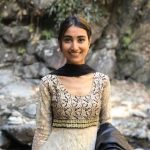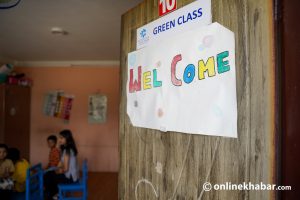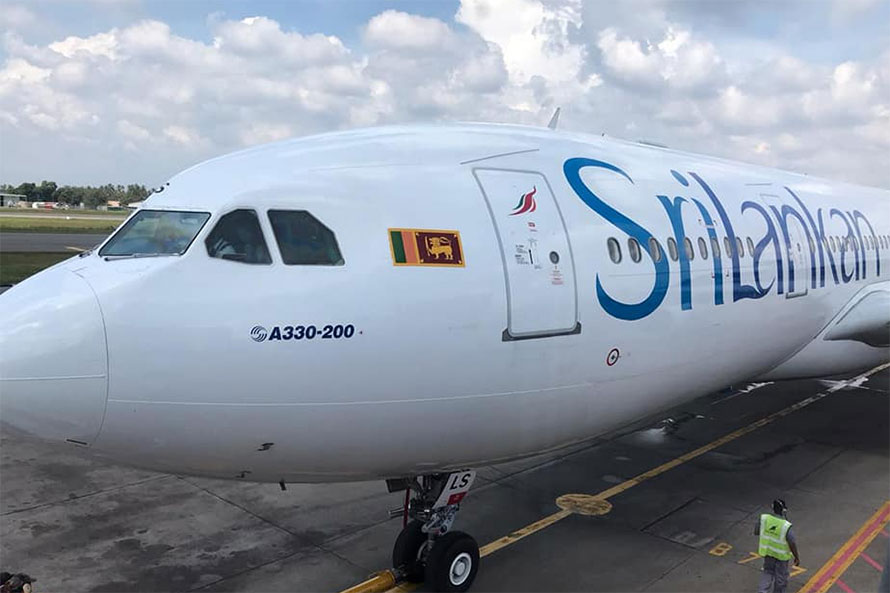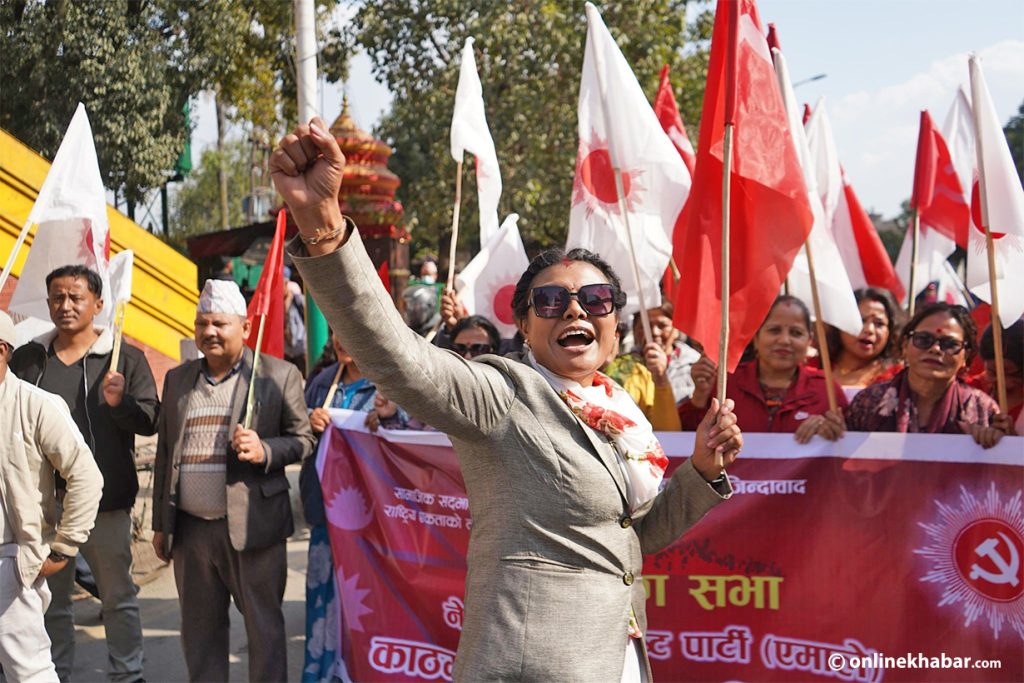
Kripa Shrestha is tired of her neighbours’ and passersby’s comments about her 15-year-old son Biraj’ activities.
The neighbours in her small settlement in Chandol of Kathmandu might not have any ill intent behind their comments, but none of them is helping Shrestha feeling better. Instead, she has to travel miles to Autism Care Nepal Society, in Harissidhi of Lalitpur, almost every day, with her teenage son with autism, to get some words of encouragement and motivation besides regular therapy sessions for him.
Shrestha narrates many stories of suffering because of the stigmatisation of autism in Nepali society. “Unaware of his condition, many people in the neighbourhood pass demeaning comments on him and his behaviours. A few of the neighbours have been used to his condition to some extent, but it is really problematic sometimes.”
Slowly and gradually, Shrestha is habituated to her son’s condition, but she is now concerned about various problems that he would face in the future. But, having visited the therapy sessions at the NGO, she has realised that she is not alone regarding such concerns. Recently, in order to help people like Biraj cope with their challenges in adulthood, people like Shrestha have formed an ‘inclusive’ club, which they claim to be the first of its kind in the country.
Autism in Nepal and the ‘first’ inclusive club
The Act Relating to Rights of Persons with Disabilities, 2017, recognises autism as one of the ten types of disabilities. However, stakeholders say there are still many misconceptions about this disorder in Nepal, hence letting the people enjoy their rights involve many challenges.
The autism spectrum disorder (ASD) is a wide range of conditions usually characterised by the impairment in communication and social interaction skills, restricted and repetitive behavioural patterns. The symptoms of ASD can vary from one individual to another as per the degree of the severity of ASD in a child.

No one exactly knows how many children and adults suffer from autism in Nepal, but it is estimated that one in every 68 children have autism in the world.
Autism Care Nepal Society, an NGO working in the field, recently hosted a workshop for the formation of Autism Inclusive Club. The organisation’s chief administrator and project manager, Surendra Bajracharya, says, “The workshop was hosted in order to form an Autism Inclusive Club for the first time in Nepal, and plan its activities.”
Bajracharya informs that his organisation has launched the club with a fund of the Australian Aid.
The club is set up with the aim of creating an autism-friendly environment in society and bringing an inclusive experience to the young people and adults with autism. The club will incorporate the young adults and adolescents with autism, their siblings, parents of the children with autism, adults with other disabilities and all other adults interested to work for the people with autism.
Focus on the adults
The organisation’s chairperson Sunita Maleku Amatya says the club was established after realising that whatever the organisation has been doing has not been effective enough to deal with the problems that the people with autism in the society are facing.
“We want the involvement of varied brains such as the young people with autism in the community, as well as other ‘regular’ youth. For this, the engagement of all the parents, siblings, adults with autism and ‘other’ regular adults is equally necessary,” she says, “The main purpose of the formation of this club is to make the adults with autism visible and acceptable to the society and to create such environment within a society where the children and adults with autism are easily understood and accepted.”

Amatya further adds that Most of the parents of the children with autism do not realise forthcoming challenges that the children would face in their adolescence and adulthood. She says she also did not realise those challenges while taking care of her son with autism earlier.
She asserts that is quite easy to handle a child with autism, but as the child grows into teenage and adulthood, the challenges and mental issues within the person and their parents and family intensify. With a little understanding of autism among the common people, adults with autism and their acts are considered violent and abusive. They are often tagged and treated as ‘mentally retarded’ by society. So, to make the adults with autism sociable and independent and to make an autism-friendly environment within the society, this Autism Inclusive Club is formed, explains Amatya.
The club’s plans
During the workshop on February 24, the participants were divided into four groups to make a plan of action for the entire year. The first group was asked to plan recreational activities for the people with autism; the second was asked to plan awareness activities. The two other groups planned visits to various organisations and regular meetings and gatherings to help them socialise.
The events the club has initially planned to conduct small-scale activities such as badminton, basketball, and football competitions; visiting swimming pools, cinema halls and supermarkets; and hiking. The club also plans to help the people with autism learn eating etiquette and making people aware of autism.
Likewise, the members will be taken to various government and nongovernment offices such as traffic police and other police stations, ministries and departments; hospitals and academic institutions; media and social institutions so that they would also advocate for the rights of the people with autism.
To execute these activities, the members have decided to conduct meetings and gatherings at least once in two months.
The organisation’s project manager Surendra Bajracharya says, “The organisational model of the club, membership criteria and financial support systems are yet to be finalised.” He informs that the organisation will support the club until it grows independent.





















